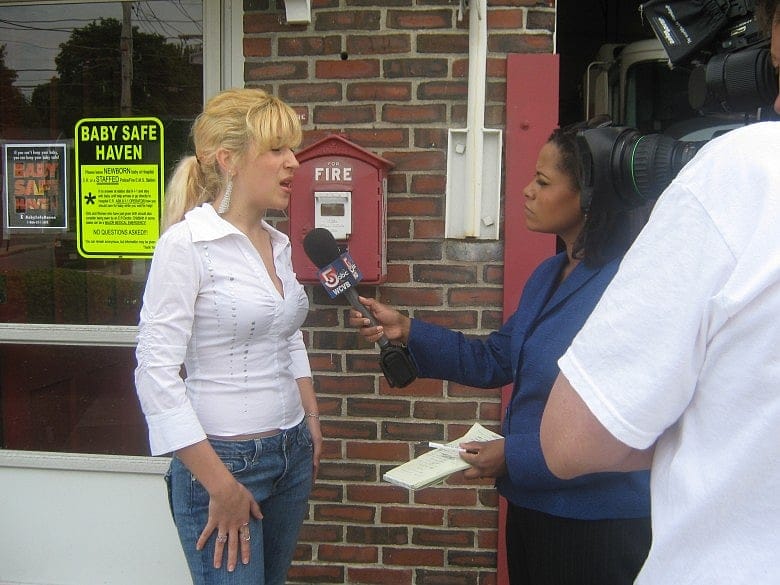Saving babies Moms don’t want means promoting havens

MARLBOROUGH – Too often, local news outlets report tragic tales of newborn infants abandoned, sometimes left exposed to the elements and other hazards.
Tuesday, a 23-year-old man was charged in connection with leaving his two-month-old son in an infant-seat placed in the travel lane of a Maryland road on Dec. 12. During Thanksgiving week, a newborn boy was discovered in a freshly installed nativity display at a church in New York City's Queens borough.

